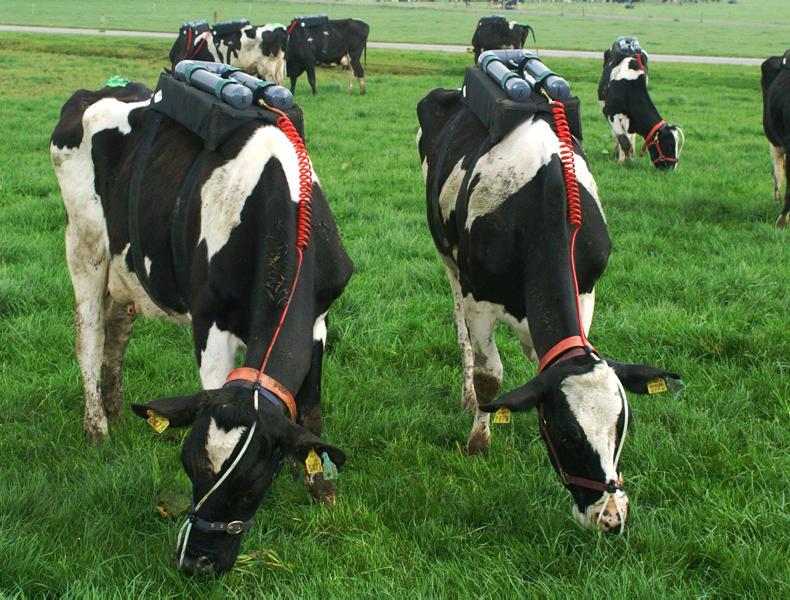On Tuesday this week, Prof Frank Mitloehner will arrive in Dublin to speak at a climate conference organised by the IFA.
Although based in California where he works as a professor and air quality specialist in the animal science department at UC Davis, Mitloehner has become something of a celebrity among farmers across the world.
Over the last 12 months, where climate change hysteria has taken centre stage in politics and the media, Mitloehner has emerged as one of the staunchest defenders of livestock agriculture and its role in tackling climate change.
Mitloehner, who goes by the handle ‘greenhouse gas guru’ on social media channels, has quite rightly earned a reputation as a straight-talking scientist who presents the unbiased facts around carbon emissions from agriculture and how they compare against other industries.
Afterthought: let’s not forget that pastures such as those in Ireland have great potential to sequester carbon and achieve additional important biosystem services. pic.twitter.com/sBvahcQXfT
— Frank Mitloehner (@GHGGuru) January 19, 2020
The UC Davis professor has also risen to prominence for his ability to clearly explain to non-farming audiences the difference between CO2 emissions from fossil fuel sources and the methane emissions produced by livestock through the natural process of enteric fermentation.
Advocate
Mitloehner has also been a strong advocate for the role that livestock plays in the recycling of carbon from the atmosphere and how livestock animals play a key role at the centre of complex eco-system on farms.
With the general election campaign in full swing in Ireland this week, it’s unlikely too many Irish politicians will be in attendance on Tuesday to hear Mitloehner’s important presentation to the IFA’s climate conference.
However, the head of the government’s climate action committee Prof John Fitzgerald, along with other senior civil servants in the Department of Agriculture and the Department of Climate, will be in attendance at the event and will get the chance to hear from a global expert on this important topic.
The Irish Farmers Journal will be sitting down with Prof Mitloehner for a full and in-depth interview on the role of livestock agriculture in tackling climate change and how Irish farmers can better get their message across to policy makers.






 This is a subscriber-only article
This is a subscriber-only article










SHARING OPTIONS: